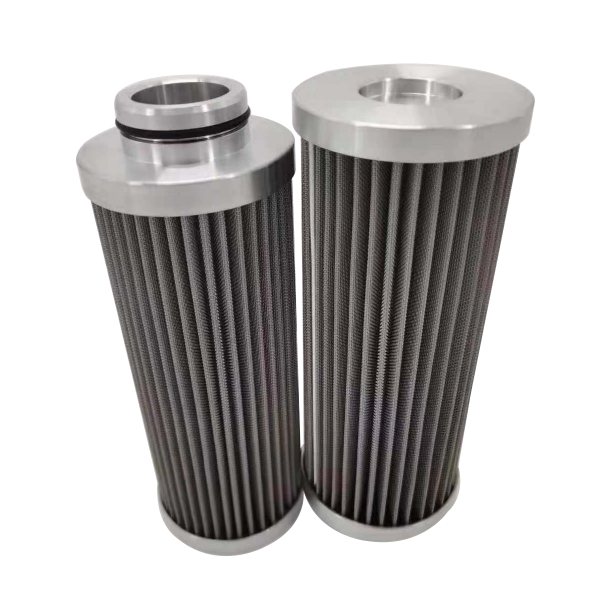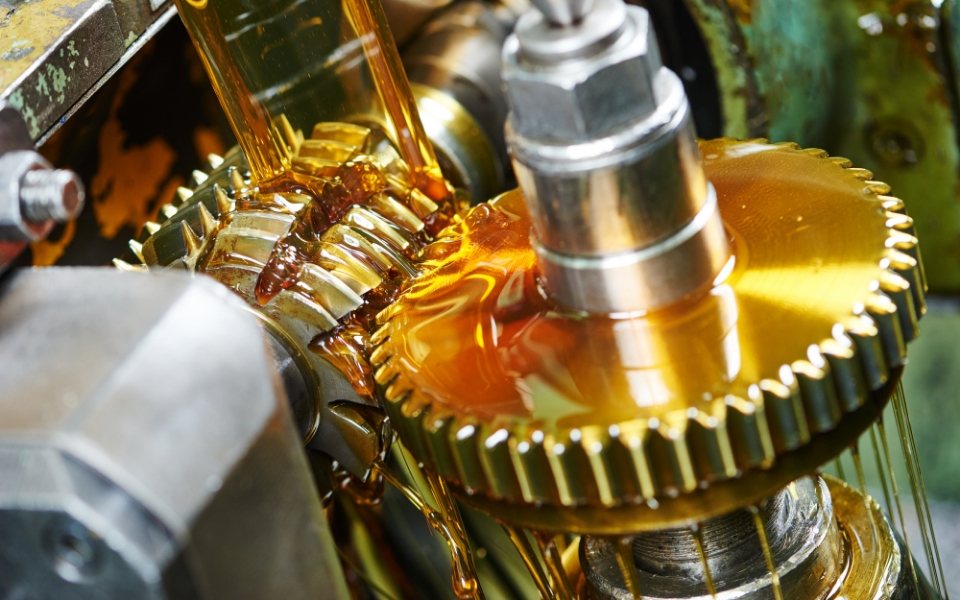
- Material: SS304, SS316, etc.
- Manufacturing process: punching, pleating
- Applicable: filter lubricating oil, hydraulic oil
Pleated Filter

Lubricating oil is a key factor in the efficient operation and maintenance of large engines, compressors, and other devices in large facilities. Inefficient filtration cannot meet the requirements of lubricating oil use. Poor and unstable quality lubricating oil will cause emergency repairs and downtime of systems at shorter intervals, resulting in mechanical damage and higher maintenance costs.
When choosing a proper lubricating oil filter, it ensures a longer service life of the gas turbine, reduce maintenance frequency, and lower operating costs.
Lubricating oil is usually recirculated to the bearings in a closed circuit. The closed circuit generally consists of a lubricating oil tank, a pump unit, a heat exchanger with transfer valves and filter. These systems provide the bearings on the turbine shaft with clean oil at the required pressure, temperature, and quantity. The main sources of contamination comes from the wear of components in the system, debris, sludge, and particulate matters generated by aging oil.
Lubricating oil filtration is the process of separating impurities from the lubricating oil. The lubricating oil is pumped into the filter that captures and removes the particles, thus effectively removing particles with diameters as small as a few micrometers.
Filter elements are used to remove foreign matters from the lubricating oil system and ensure that downstream mechanical components are not eroded or damaged by foreign matters. Effective filtration can prevent contaminants from entering sensitive parts of the engine, thereby reducing the wear of engine. Depending on the specific working conditions and filter materials, filter elements with different capture efficiencies are selected. Choosing filters with a higher dirt holding capacity, it will also have a larger maximum allowable pressure drop and longer service life.